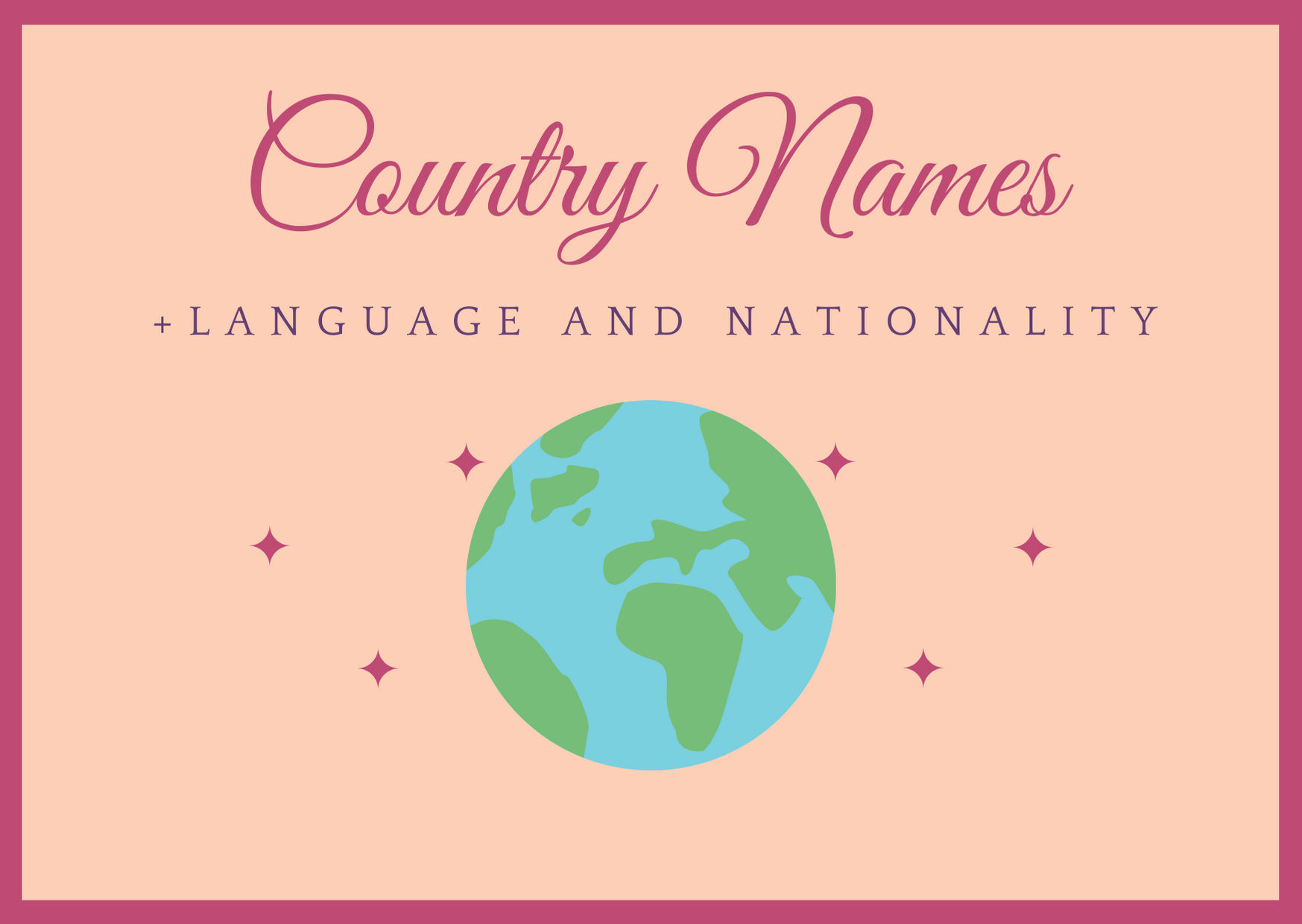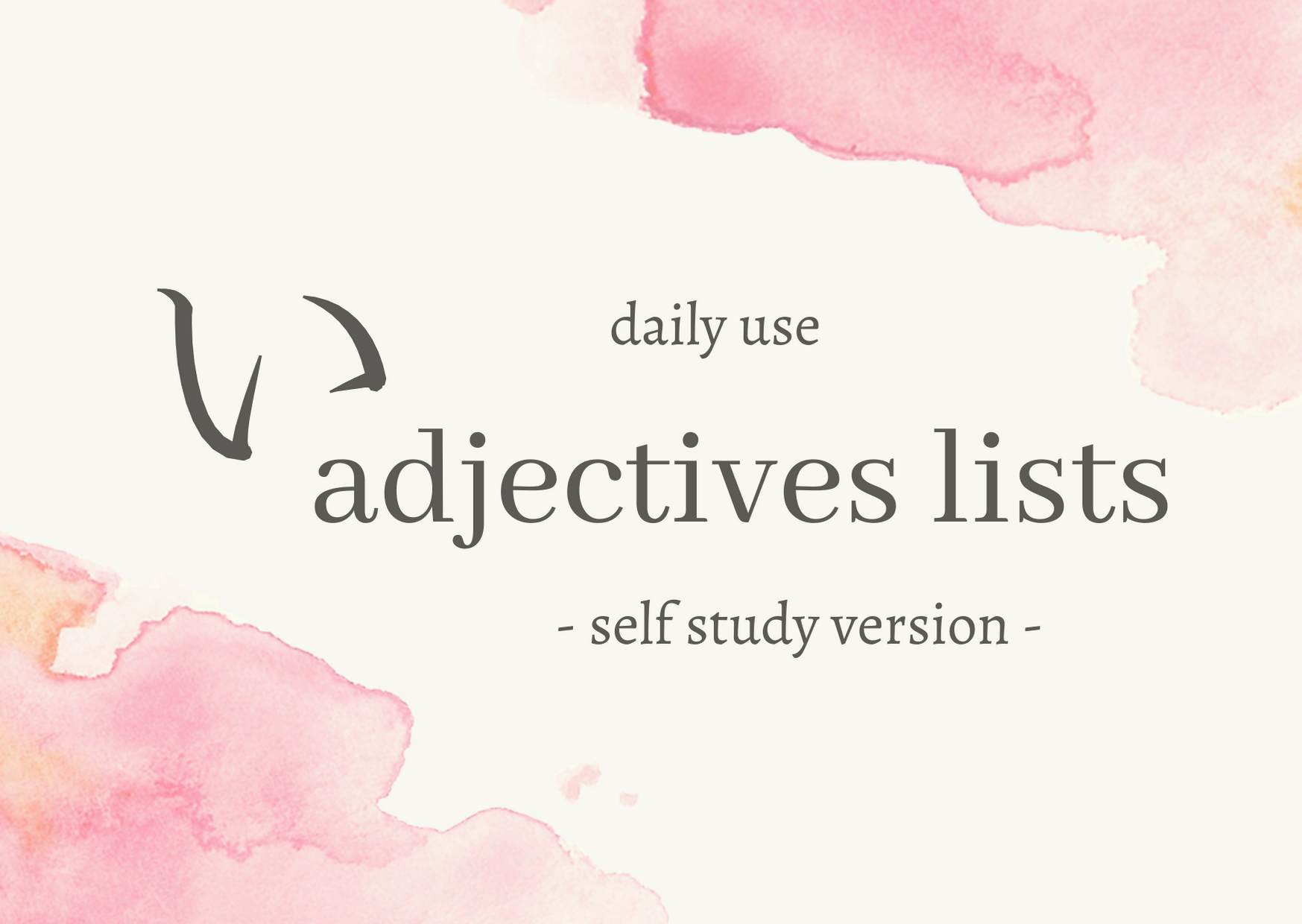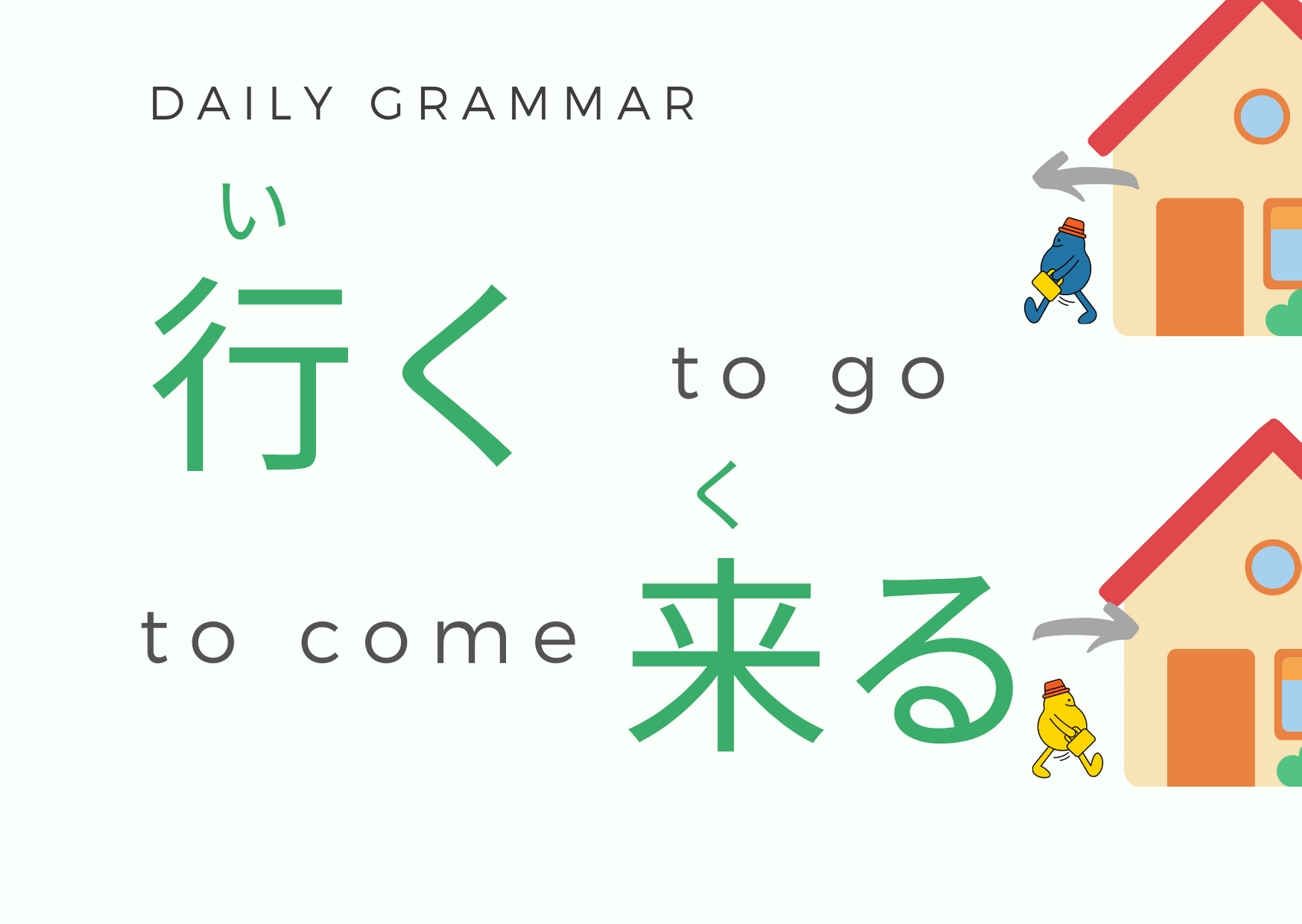To your close friends or someone younger
明けましておめでとう!
akemashite omedetou あけまして おめでとう
To someone in a higher position / acquaintance
明けましておめでとうございます。
akemashite omedetou gozaimasu あけまして おめでとう ございます
New Year’s Day is something very important and formal in Japan, so I would use ‘明けましておめでとうございます。’ to anyone, even to close friends and someone younger.
明けまして
It comes from a verb 明ける(あける・akeru) which means to be bright and to end.* This verb is very limited use. Since the kanji 明 is from 明るい (あかるい・akarui) which means bright or light (i adjective), the verb can be only used those two sentences below.
・夜が明ける。 ・よ(る)があける。 ・yo(ru) ga akeru. = to dawn
・年が明ける。 ・としがあける。 ・toshi ga akeru. = New year has come.
The form 明けまして is only used to say Happy New Year.
おめでとうございます
おめでとう(ございます) means congratulations and comes from めでたい (i adjective) means happy (ending), propitious (sign), auspicious (day) and joyous (occasion).
ございます is one of the formal ways to say ある. It is more formal than あります. If you are always a costumer when you talk in Japanese, you have less chances to use it. ございます is often used in a costumer service. Shop clerks use this form (ございます, instead of あります) if the shop sells especially expensive products or services.



